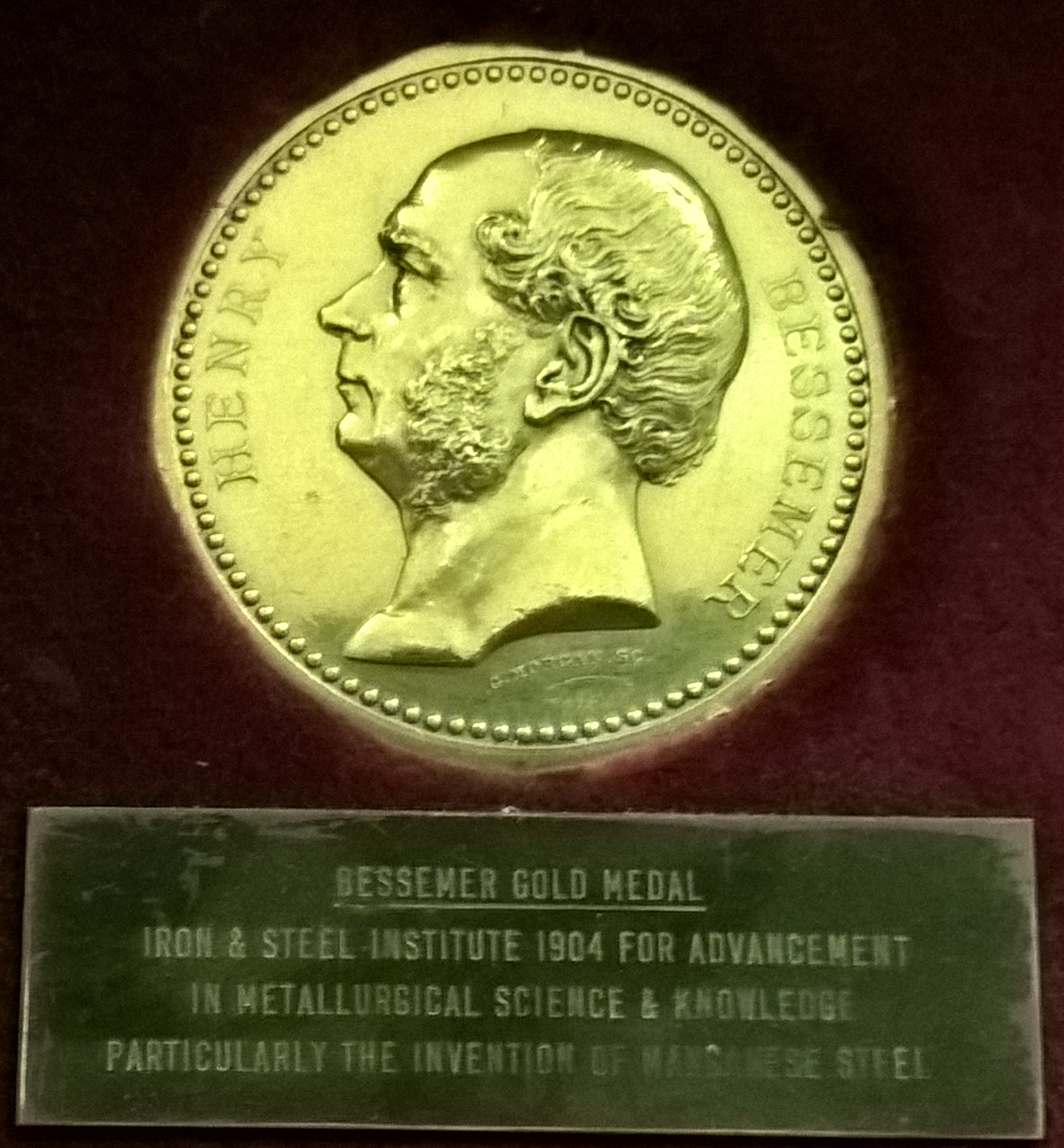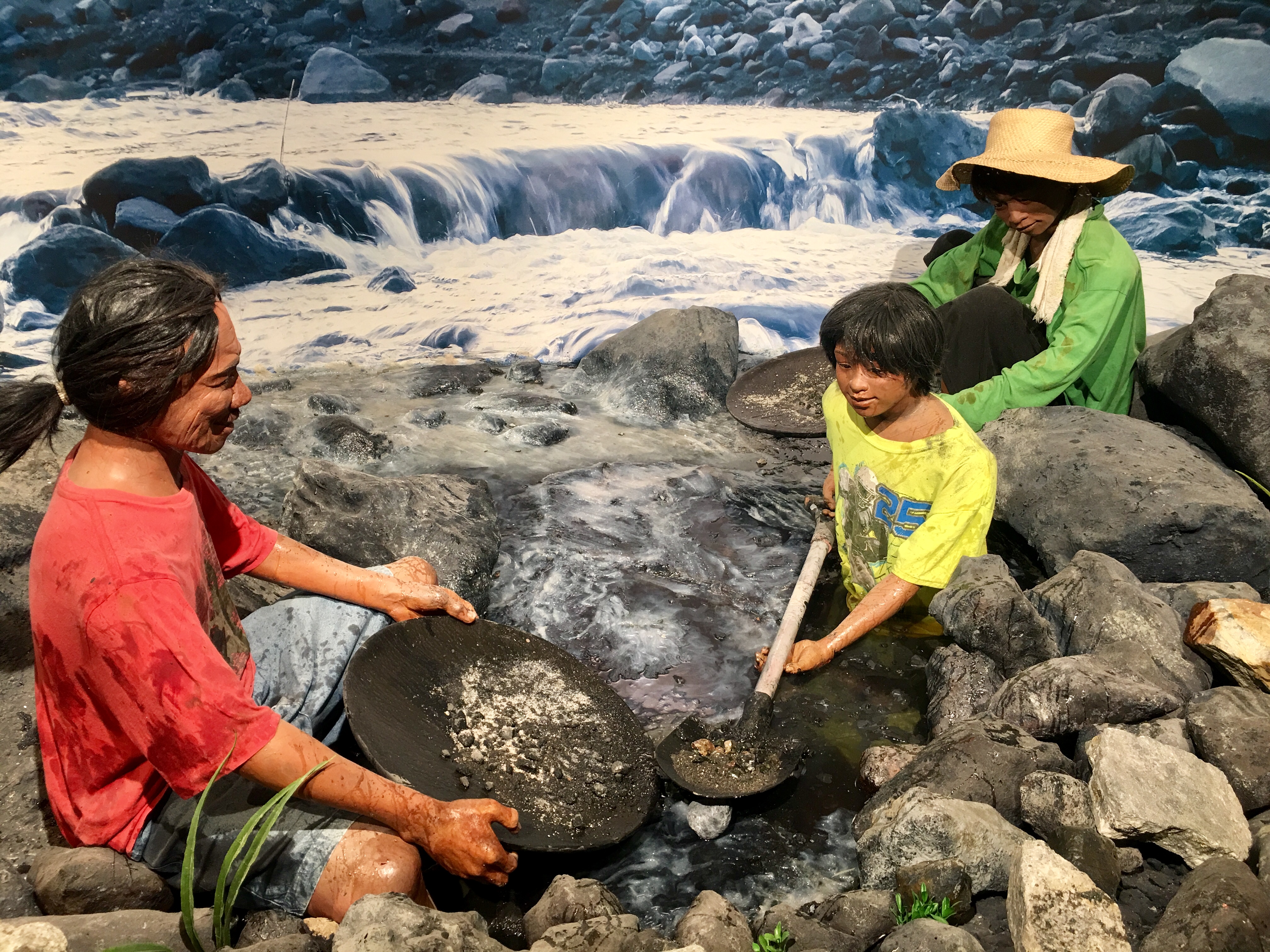|
Cornish Institute Of Engineers
The Cornish Institute of Engineers (CIE) was founded in 1913 by the then Principal of the Camborne School of Mines, J.J. Beringer. Its first President, Josiah Paul, was appointed on 1 March 1913. It is the only institute in Cornwall and maintains a continuous programme of lectures. The origins of the Institute go back to the Camborne Association of Engineers, a small but prestigious body existing in the early years of the 20th century and composed mainly of mechanical engineers. Since 2011, the CIE has been affiliated with the Institute of Materials, Minerals and Mining. History On 2 November 1912, a special meeting of the Camborne Association of Engineers was held at the Mining School, Camborne, which led to a decision to enlarge its scope. At a general meeting on 4 January 1913, the then Principal of the Camborne School of Mines, J.J. Berringer, led a discussion on the "Assaying of Tin in Mines". At this meeting sufficient support was achieved and the Cornish Institution of Mi ... [...More Info...] [...Related Items...] OR: [Wikipedia] [Google] [Baidu] |
Penryn Campus
Penryn Campus (formerly Tremough Campus, Cornwall Campus and similar names) is a university campus in Penryn, Cornwall, England, UK. The campus is occupied by two university institutions: Falmouth University and the University of Exeter, with the shared buildings, facilities and services provided by Falmouth Exeter Plus. Located on a site bought in 1998, the campus was developed via the Combined Universities in Cornwall (CUC) scheme with finance from the EU and the UK Government and was opened in 2004. History The site was a convent school for the local community which was bought in 1998 by Falmouth College of Arts, as it was then known. Tremough Convent School educated girls aged 3–18 and closed 31 July 1998. The Universities of Exeter and Plymouth both expressed an interest in the project. The University of Plymouth later withdrew, leaving University of Exeter in partnership with Falmouth University: the site is held on a 125-year lease. The campus was developed as part of ... [...More Info...] [...Related Items...] OR: [Wikipedia] [Google] [Baidu] |
Camborne School Of Mines
The Camborne School of Mines ( kw, Scoll Balow Cambron), commonly abbreviated to CSM, was founded in 1888. Its research and teaching is related to the understanding and management of the Earth's natural processes, resources and the environment. It has undergraduate, postgraduate and research degree programmes within the Earth resources, civil engineering and environmental sectors. CSM is located at the Penryn Campus, near Falmouth, Cornwall, UK. The school merged with the University of Exeter in 1993. Reputation The Camborne School of Mines has an international reputation in mining, tunnelling, mineralogy, mineral economics, geology, geophysics and geochemistry. CSM's international reputation dates back to the 19th century when with new deposits found around the world CSM graduates began to seek employment overseas and by the 20th century, graduates were in most of the world's major mining areas such as Southern Africa, Western Africa, Malaysia, Australia, South America, Mexi ... [...More Info...] [...Related Items...] OR: [Wikipedia] [Google] [Baidu] |
Institute Of Materials, Minerals And Mining
The Institute of Materials, Minerals and Mining (IOM3) is a UK engineering institution whose activities encompass the whole materials cycle, from exploration and extraction, through characterisation, processing, forming, finishing and application, to product recycling and land reuse. It exists to promote and develop all aspects of materials science and engineering, geology, mining and associated technologies, mineral and petroleum engineering and extraction metallurgy, as a leading authority in the worldwide materials and mining community. It is a registered charity governed by royal charter and in 2021 had a gross income of £3.86million. The institute is also a member of the UK Science Council. In 2019 the institute celebrated 150 years since the establishment of the Iron and Steel Institute, a learned society that IOM3 now encompasses. Structure Having resided at Carlton House Terrace off Pall Mall in St James's in central London since 2002, the institute moved to 297 Eus ... [...More Info...] [...Related Items...] OR: [Wikipedia] [Google] [Baidu] |
Traditional Mining
Traditional mining, also known as old-school mining, is a mining method involving the use of simple manual tools, such as shovels, pickaxes, hammers, chisels and pans. It is done in both surface and underground environments. Until the early 1900s, traditional mining was widely used throughout the world. It is still a used mining method in some countries, including Colombia and Peru in South America and Niger in Africa. In traditional surface and underground mining, hammers and chisels with pickaxes and shovels are used. Minecarts are used to move ore and other materials in the process of mining. Pans are used for placer mining operations, such as gold panning. The traditional method of cracking rock was fire-setting, which involved heating the rock with fire to expand it. Once the rock was heated by fire it was quenched with water to break it. Fire-setting was one of the most effective rock breaking methods until 1867 when Alfred Nobel invented dynamite. Traditional mining opera ... [...More Info...] [...Related Items...] OR: [Wikipedia] [Google] [Baidu] |
1913 Establishments In England
Events January * January 5 – First Balkan War: Battle of Lemnos – Greek admiral Pavlos Kountouriotis forces the Turkish fleet to retreat to its base within the Dardanelles, from which it will not venture for the rest of the war. * January 13 – Edward Carson founds the (first) Ulster Volunteer Force, by unifying several existing loyalist militias to resist home rule for Ireland. * January 23 – 1913 Ottoman coup d'état: Ismail Enver comes to power. * January – Stalin (whose first article using this name is published this month) travels to Vienna to carry out research. Until he leaves on February 16 the city is home simultaneously to him, Hitler, Trotsky and Tito alongside Berg, Freud and Jung and Ludwig and Paul Wittgenstein. February * February 1 – New York City's Grand Central Terminal, having been rebuilt, reopens as the world's largest railroad station. * February 3 – The 16th Amendment to the United States Constitution ... [...More Info...] [...Related Items...] OR: [Wikipedia] [Google] [Baidu] |
Organisations Based In Cornwall
An organization or organisation (Commonwealth English; see spelling differences), is an entity—such as a company, an institution, or an association—comprising one or more people and having a particular purpose. The word is derived from the Greek word ''organon'', which means tool or instrument, musical instrument, and organ. Types There are a variety of legal types of organizations, including corporations, governments, non-governmental organizations, political organizations, international organizations, armed forces, charities, not-for-profit corporations, partnerships, cooperatives, and educational institutions, etc. A hybrid organization is a body that operates in both the public sector and the private sector simultaneously, fulfilling public duties and developing commercial market activities. A voluntary association is an organization consisting of volunteers. Such organizations may be able to operate without legal formalities, depending on jurisdiction, includin ... [...More Info...] [...Related Items...] OR: [Wikipedia] [Google] [Baidu] |
Cornish Mining Organisations
Cornish is the adjective and demonym associated with Cornwall, the most southwesterly part of the United Kingdom. It may refer to: * Cornish language, a Brittonic Southwestern Celtic language of the Indo-European language family, spoken in Cornwall * Cornish people ** Cornish Americans ** Cornish Australians ** Cornish Canadians ** Cornish diaspora * Culture of Cornwall Cornish may also refer to: Places United States * Cornish, Colorado * Cornish, Maine, a town ** Cornish (CDP), Maine, the primary village * Cornish, New Hampshire * Cornish, Oklahoma * Cornish, Utah * Cornish Township, Aitkin County, Minnesota * Cornish Township, Sibley County, Minnesota People * Cornish (surname) Animals and plants * Cornish Aromatic, apple cultivar * Cornish chicken * Cornish chough (''Pyrrhocorax pyrrhocorax''), a species in the family Corvidae * Cornish game hen * Cornish Rex, a breed of cat * Lucas Terrier, a Cornish breed of dog Sports * Cornish Wrestling, the ancient martial art, th ... [...More Info...] [...Related Items...] OR: [Wikipedia] [Google] [Baidu] |
Education In Cornwall
Education is a purposeful activity directed at achieving certain aims, such as transmitting knowledge or fostering skills and character traits. These aims may include the development of understanding, rationality, kindness, and honesty. Various researchers emphasize the role of critical thinking in order to distinguish education from indoctrination. Some theorists require that education results in an improvement of the student while others prefer a value-neutral definition of the term. In a slightly different sense, education may also refer, not to the process, but to the product of this process: the mental states and dispositions possessed by educated people. Education originated as the transmission of cultural heritage from one generation to the next. Today, educational goals increasingly encompass new ideas such as the liberation of learners, skills needed for modern society, empathy, and complex vocational skills. Types of education are commonly divided into formal, ... [...More Info...] [...Related Items...] OR: [Wikipedia] [Google] [Baidu] |
History Of Cornwall
The history of Cornwall goes back to the Paleolithic, but in this period Cornwall only had sporadic visits by groups of humans. Continuous occupation started around 10,000 years ago after the end of the last ice age. When recorded history started in the first century BCE, the spoken language was Common Brittonic, and that would develop into Southwestern Brittonic and then the Cornish language. Cornwall was part of the territory of the tribe of the Dumnonii that included modern-day Devon and parts of Somerset. After a period of Roman rule, Cornwall reverted to rule by independent Romano-British leaders and continued to have a close relationship with Brittany and Wales as well as southern Ireland, which neighboured across the Celtic Sea. After the collapse of Dumnonia, the remaining territory of Cornwall came into conflict with neighbouring Wessex. By the middle of the ninth century, Cornwall had fallen under the control of Wessex, but it kept its own culture. In 1337, th ... [...More Info...] [...Related Items...] OR: [Wikipedia] [Google] [Baidu] |





